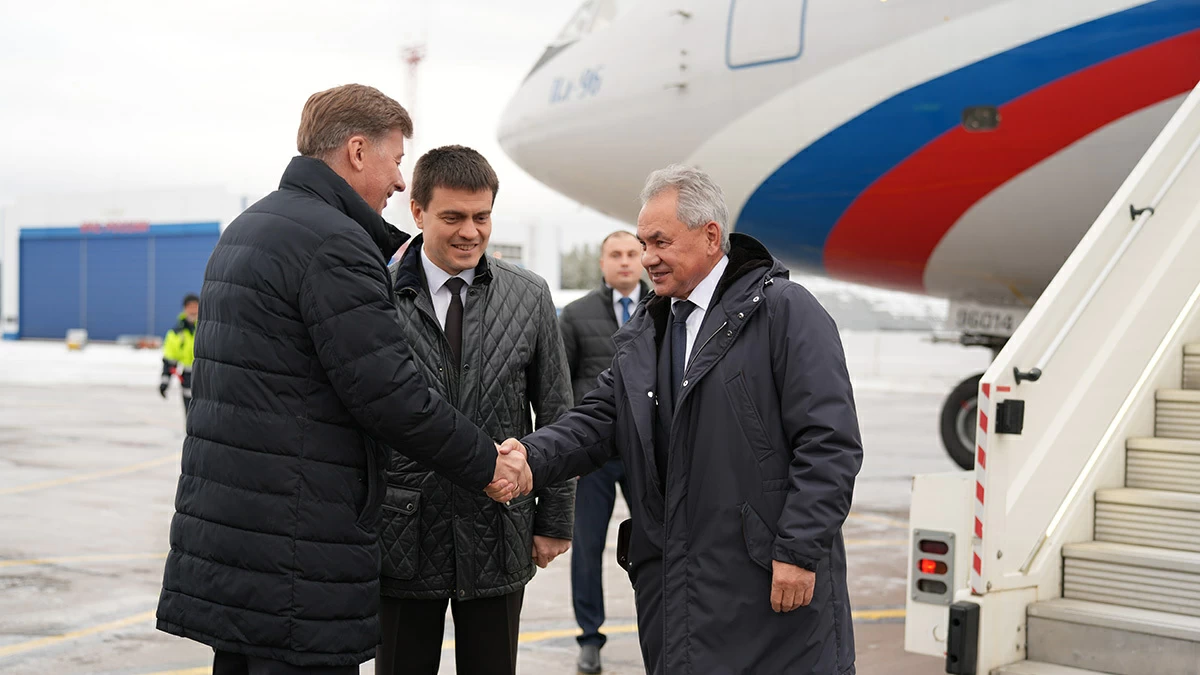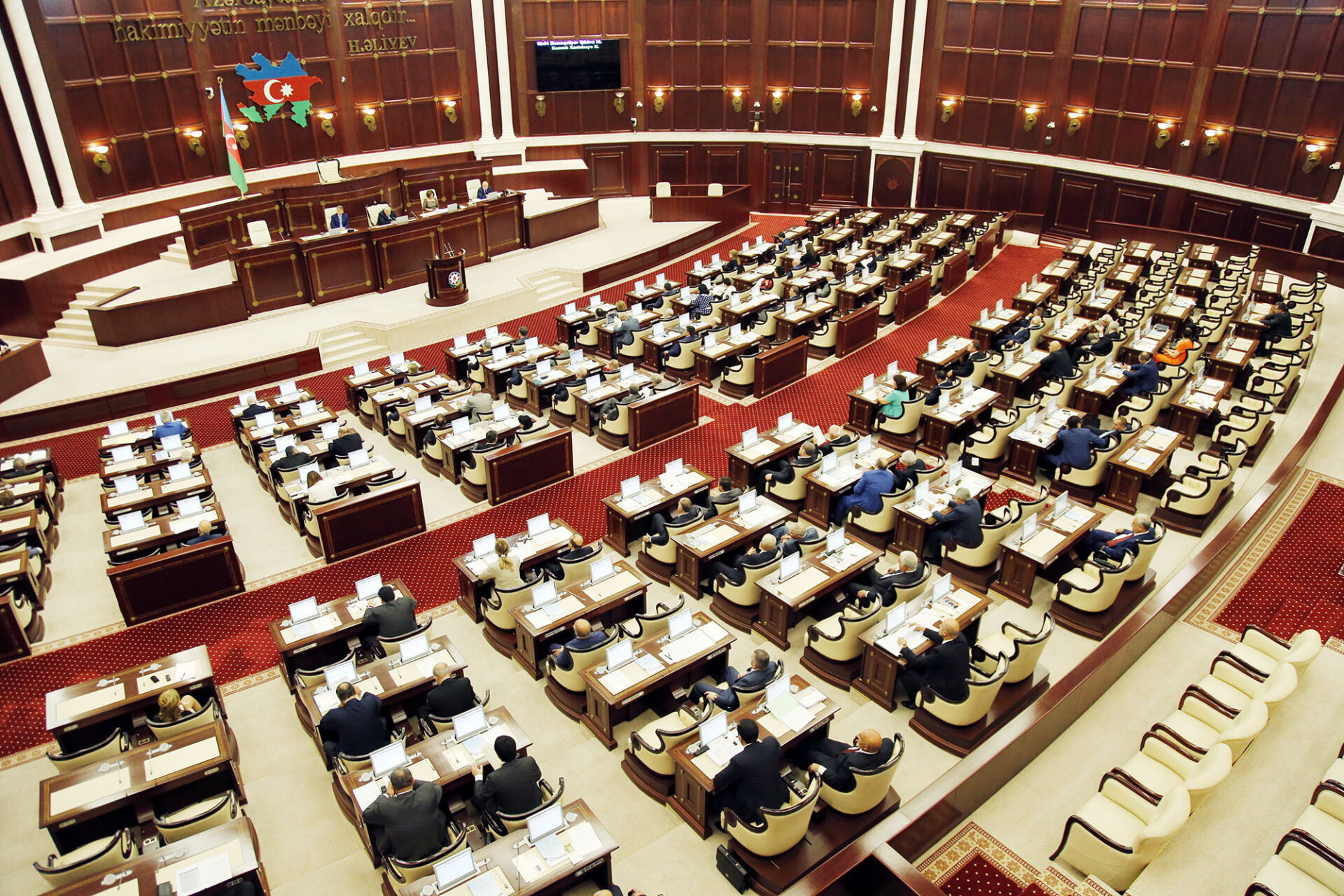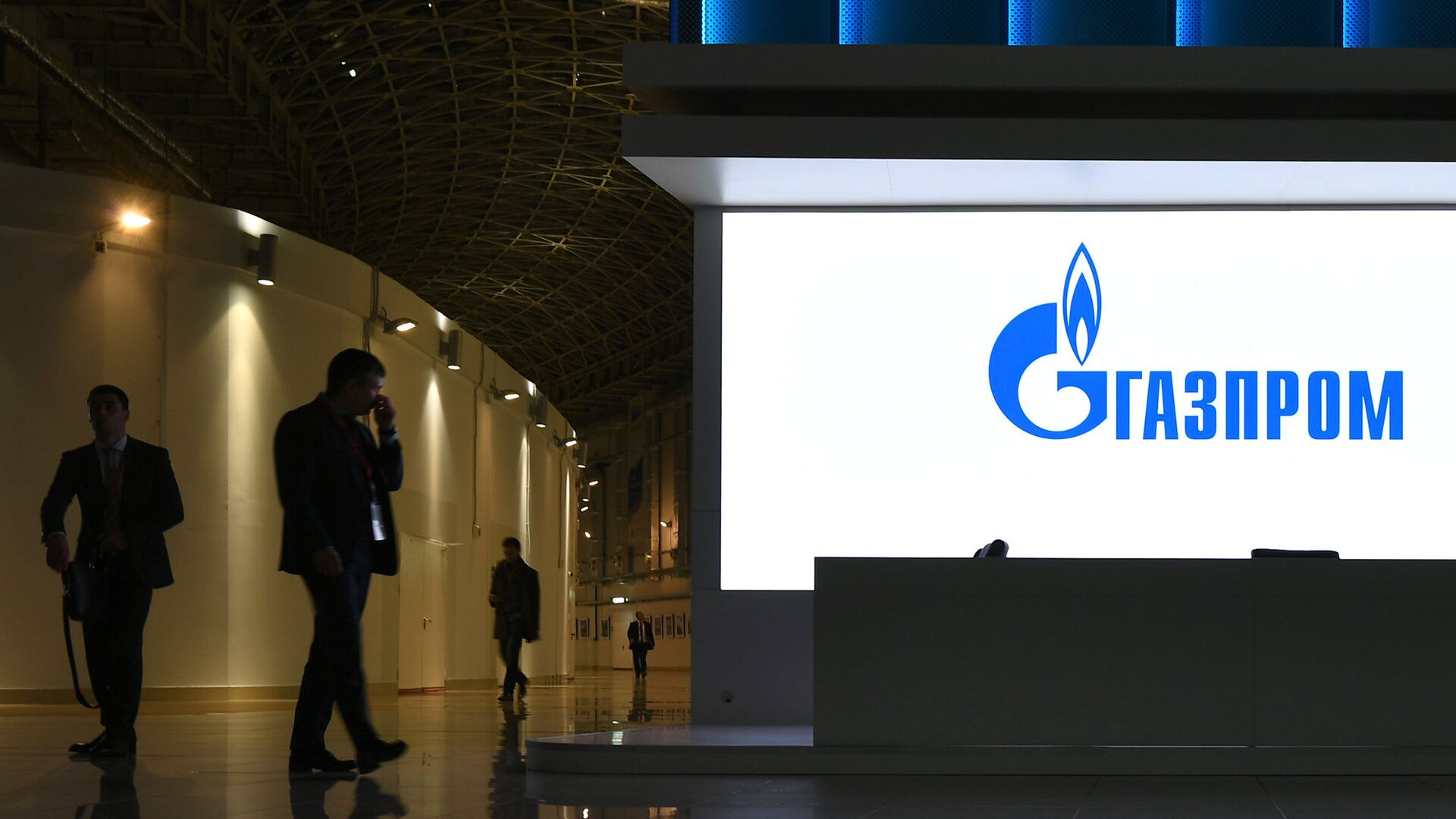RIVAL CASPIAN CANAL PROJECTS COMPETE FOR INVESTORS
RIVAL CASPIAN CANAL PROJECTS COMPETE FOR INVESTORS
Azerbaijan, one of the rising Caspian energy exporters, has dismissed a Russian proposition to renovate the Volga-Don Canal (Itar-Tass, June 19). Baku apparently favors a Kazakh proposal for a “Eurasia Canal,” calling Russia’s plans a simple upgrade of the existing canal.
Speaking in Rostov-on-Don on June 15, Russian First Deputy Prime Minister Sergei Ivanov told journalists that Kazakhstan, Azerbaijan, and Turkmenistan might be interested in participating in the second phase of the Volga-Don Canal, “Because, if this line is built, the canal’s throughput capacity would be increased, and these countries could become maritime powers” (Interfax, June 15). Ivanov continued, “The idea of concessions is very attractive…” (Azeri Press Agency, June 16), adding, “Private capital, including foreign private capital [could be involved],” as “the federal budget will never fund it 100%. This project needs the participation of foreign investment” (RIA-Novosti, June 15). Ivanov’s remarks support Russian President Vladimir Putin’s earlier proposals, first made in April, to upgrade the canal (Interfax, April 26).
The Volga-Don Canal is the least known of the world’s strategic waterways, but it provides a maritime link between the Volga River, which empties into the Caspian Sea, and the Don River, which disgorges into the Sea of Azov, a northeast corollary of the Black Sea, which in turn provides access via the Turkish Straits to the Mediterranean. The potential of the project is enormous, as it ultimately connects the Baltic, the Mediterranean, the Caspian, and the south of Russia via Russia’s inland waterways with the European Union’s 9th International Transport Corridor. Like many Russian infrastructure upgrades, however, Moscow is currently looking for someone else to pay the bulk of the cost.
The canal issue is mired in complex geographical and strategic concerns, including the eventual settlement of the status of Caspian offshore waters, at topic that has bedeviled littoral states Russia, Iran, Azerbaijan, Kazakhstan, and Turkmenistan since the collapse of the USSR in 1991.
The Ottoman Turks first mooted the idea of a waterway linking the two great Eurasian riverine basins in the late 16th century. Peter the Great was also interested in a channel connecting the two rivers, but his vision was never fulfilled. Stalin subsequently used Gulag labor to realize the centuries-old dream in 1952. Its completion would inspire Soviet composer Sergei Prokofiev’s “The Meeting of the Volga and Don” tone poem.
The Volga-Don Canal begins roughly 220 miles upstream from Rostov-on-Don and transits approximately 37 miles between the Don and Volga Rivers, emptying into the Volga near Volgograd. The canal begins at the Volga’s Sareptsky and ends in the Don’s Tsimlyansk Reservoir, and consists of nine one-chamber canal locks capable of handling ships up to 5,000-tons. The canal’s current carrying capacity is 16.5 million tons of cargo per year, while the alternative Eurasia Canal could potentially carry up to 45 million tons annually. Neither project would be inexpensive; experts estimate that either canal would cost at least $5 billion.
Despite Moscow’s blandishments the Azerbaijani government has yet to sign on to the project, however. According to Azerbaijani Transport Minister Zia Mamedov, “At this stage we see our participation in the project only as a carrier,” adding, “new transport routes are profit-making, and the main thing is their competitiveness. (Itar-Tass, June 19).
The reticence of the Azerbaijani government to participate in the project may well stem from the fact that in the early 1990s, when Baku was developing its offshore oil facilities, Russia charged what Baku considered to be extortionate rates for Western shipments using the Volga-Don canal to bring advanced offshore drilling technology into the Caspian to develop offshore Azerbaijani oil fields. In 1994 Houston-based Independent Marine Consultants utilized the Volga-Don Canal to transship a number of compressors for a pipeline being built by Pennzoil in Azerbaijan’s offshore Guneshli oil field, about which IMC Marine Group president Prasad Menon said diplomatically, “It was very complicated and difficult” (https://permanent.access.gpo.gov/lps3997/9802volg.htm).
Russia has also kept tight control over transit through the Volga-Don Canal. Last year Azerbaijan’s Caspian Shipping Company, which owns 72 ships, received 25 permits for the passage of 14 vessels via Russian internal waterways, with 11 permits for passage into the Caspian and 15 for exit. Twenty-two permits have been issued so far this year (https://capital.trendaz.com, June 11).
Nor is the Volga-Don Canal project the only one on the drawing boards for improving Caspian maritime access. On June 10 Kazakh President Nursultan Nazarbayev proposed an alternative “Eurasia Canal” connecting the Caspian and Black Seas. Nazarbayev proposes building an almost straight canal utilizing Soviet-era navigable reservoirs across Russia’s North Caucasus, which would shorten shipping routes by nearly 600 miles (Kazinform, June 10). According to Nazarbayev, “The Central Asian and Caspian regions are rich in energy resources…but these reserves have to be delivered to world markets… [the new canal] would be a powerful corridor providing an outlet for the whole of Central Asia to the sea via Russia….We have heard some of our Russian colleagues say that Kazakhstan will bypass Russian territory. But we will not bypass anyone. We are searching for routes that will benefit exports and Kazakh products. I say to Russia: let us build a canal! It carries a price tag of $6 billion. But we will have no difficulty finding investors.” He emphasized that the project is currently just a “proposal” (Interfax Presidential Bulletin, June 15).
Azerbaijan’s reluctance to participate in Russia’s ambitious project may well derive from its unhappy experience in Moscow’s earlier fiscal brutality. An upgraded Volga-Don Canal would, under international law, always be a Russian internal waterway, and any shipments using the new canal would still be subject to Ankara’s control of the Turkish Straits well before Azerbaijani transports reached the Mediterranean. Given that the Baku-Supsa and Baku-Tbilisi-Ceyhan pipelines are now operational, Baku’s professed interest in the new route as a “carrier” is the most pragmatic interim option, as its energy exports can now reach global markets without paying Russian tariffs.


